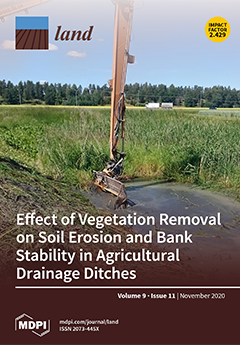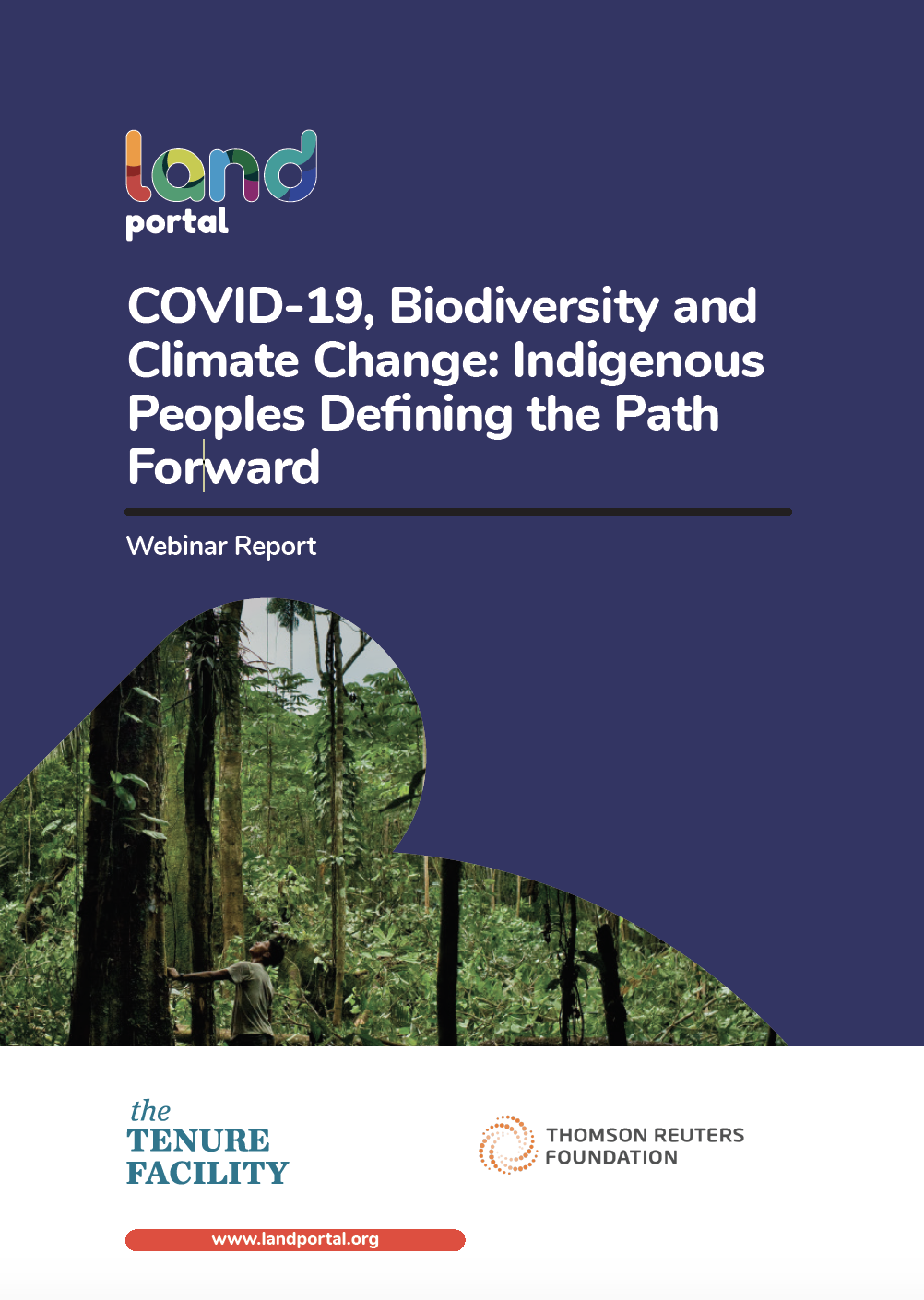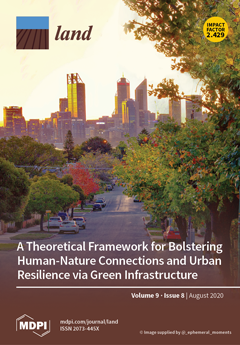Improving international soil governance – Analysis and recommendations. Final report
This study develops options for the German government to improve international soil governance in the short, medium and long term. The study first takes stock of existing international instruments and institutions that are relevant for soil protection and its governance at the international level. It as-sesses the actual and potential steering effect of, inter alia, the Desertification Convention, the Biodiversity Convention, the Paris Agreement and climate regime, regional treaties, FAO, UNEP, IPBES and IPCC.






